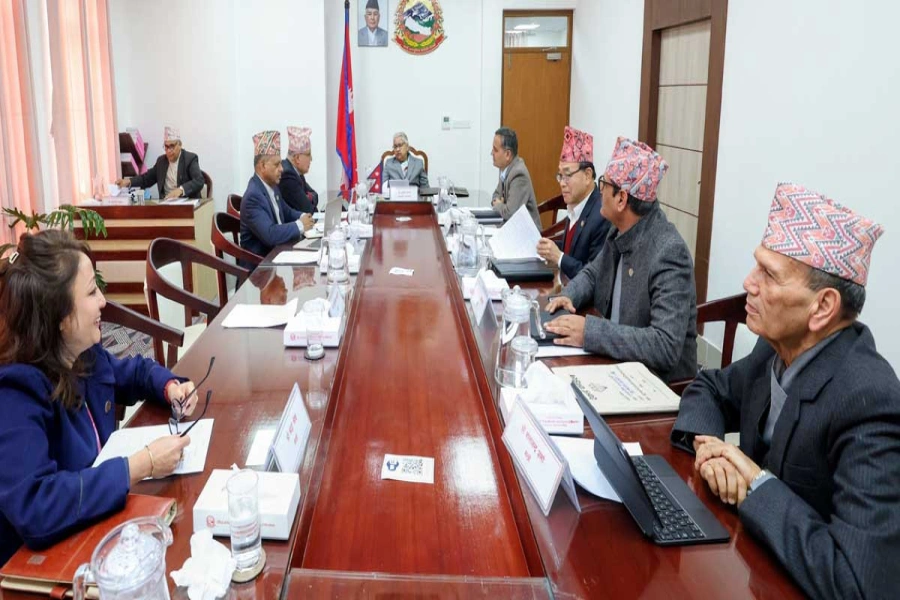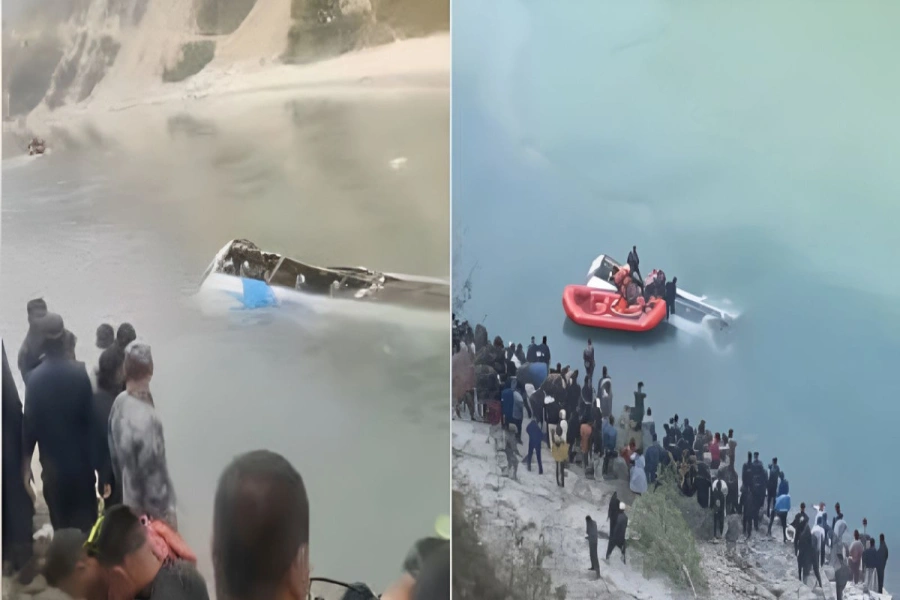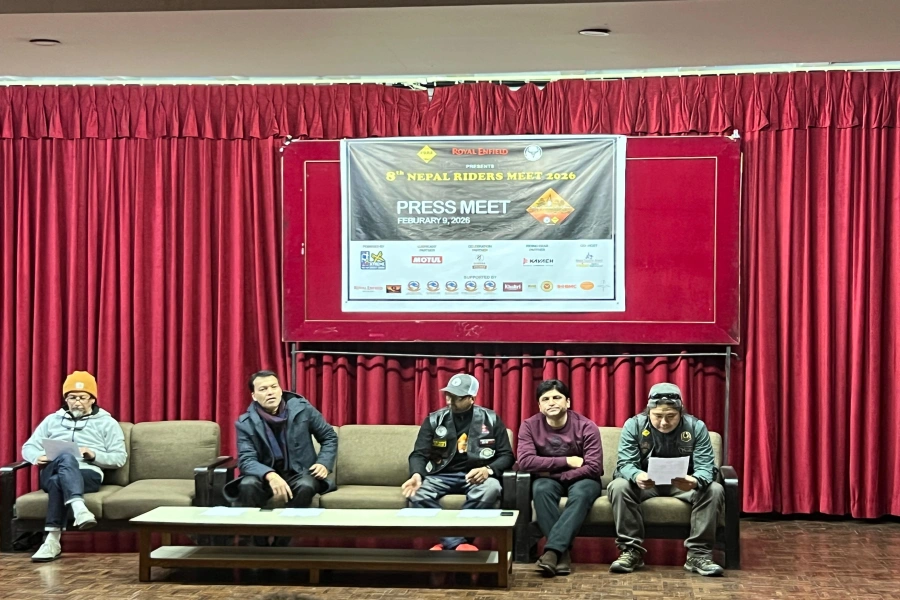It will be a mistake for India to see Nepal only in terms of its size and military strength. Nepal may be small in size and military power, but it plays a very strategic role for India’s security.
With Nepali parliament unanimously passing the constitution amendment for a new political map in the national emblem, Nepal-India relation is on a new and uncharted territory. The amendment included territories controlled by India since the Sino-India war in 1962, the area known as Kalapani, also inclusive of Lipu Lekh and Limpiyadhura. The constitution revision was passed by over two thirds majority and without any dissent.
Nepal’s decision to formally reclaim the territories through the parliamentary review came nine months after India’s own inclusion of the same area in their new map, and a month after their publicized inauguration of the road connecting India to the Tibetan region through the very landscape. Although, reaction from Prime Minister Modi himself in response to Nepal’s action is yet to come, the Indian foreign ministry spokesperson, Anurag Srivastava predictably dismissed Nepal’s decision as a unilateral act, commenting “this artificial enlargement of claims is not tenable”. This was followed by the Indian Defense Minister Rajnath Singh's comment that “misconceptions on Lipu Lekh on Nepal’s part" "would be solved through dialogue”, not really an acceptance of Nepal’s claim by any stretch, but less dismissive than the comment made by the chief of the Indian army earlier, who accused Nepal for raising the issue only on China’s backing.
Way to solve India-Nepal border dispute

Nepal’s tat for India’s tit has brought Nepal-India relations to a new low, and if not handled affably, it can cause a long-term damage to the already frosty relations, with India paying a much bigger price than Nepal in the long run. Singh’s latest comment to resolve the matter through dialogue between the two countries, as Nepal has been insisting on for many years, is encouraging. However, it is unclear whether his remark is a reflection of India’s seriousness to work out the matter with Nepal, or simply a tactical tool to deflect the issue for now.
Kalapani is not the only thorny issue straining a long and historical relation between the two countries. Outside of Kalapani, approximately 230 square kilometres of land encroached along 70 border points by India has been also a point of grief for Nepal for a long time. The Indian tabloid media has picked up on government narrative on Nepali parliament’s decision and feeding frenzy to the public by accusing Nepal for trying to claim Indian land.
If the relationship between the two countries must return to normal, India has to sit down with Nepal for a serious talk based on a mutual respect, and with an intent to solve the problem. The discussion can go a long way and bear real fruit if India recognizes Nepal as an important neighbour with 1810 kilometres long shared border, and with a similar length of shared boundary on the opposite side with its arch rival, China.
It will be a mistake for India to see Nepal only in terms of its size and military strength. Nepal may be small in size and military power, but it plays a very strategic role for India’s security by keeping anti-Indian activities away from Nepali soil. Had Nepal not been cooperating with India along its southern border, India would have to deploy its military along the Indo-Nepal border, requiring a similar resource as in the Western front along the Pakistani border and in the north with China.
Many people question India’s judgement to antagonize Nepal at a time when tensions are running high in New Delhi due to a regular skirmish with China, where India recently lost 20 of its brave soldiers in the Galwan valley, Ladakh region.
There is no alternative to resolving the Nepal-India border issues than through a high-level talk with a mindset to build relations. However, it is only possible If India recognizes Nepal for what it is; an equal partner with a long shared cultural history and the most reliable security ally, without whose support India can’t become a peaceful and prosperous country that it’s vying to become.
The writer is a financial analyst and a former executive member of California Democratic Party



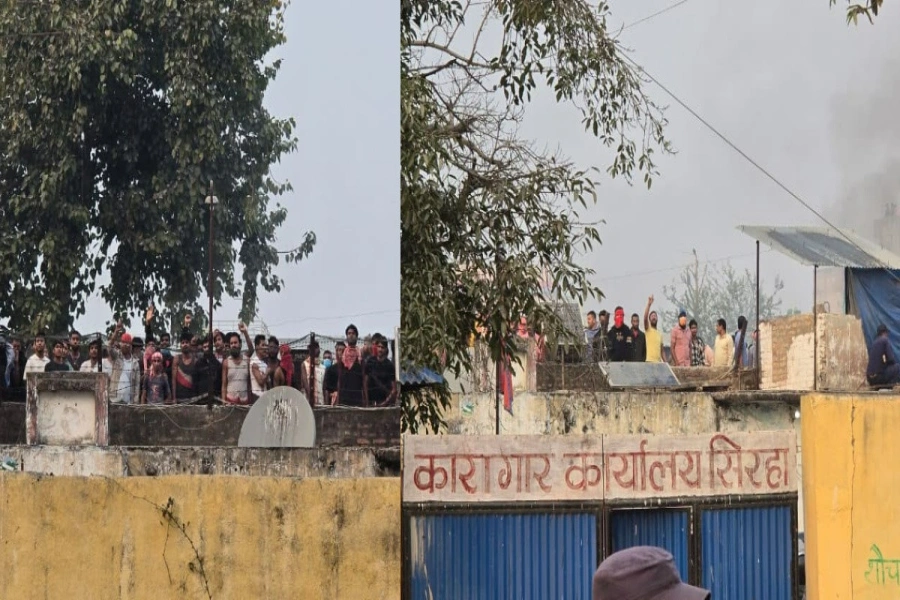
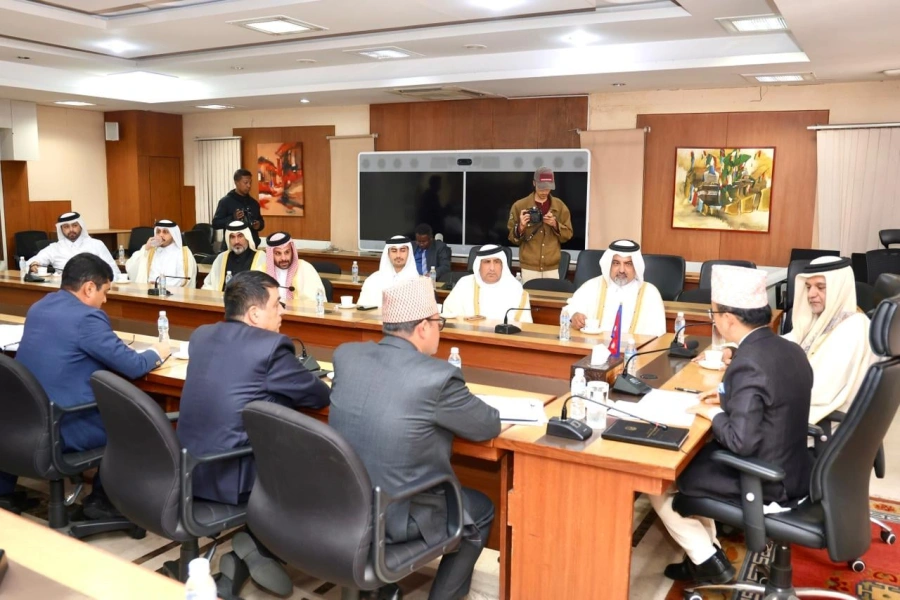
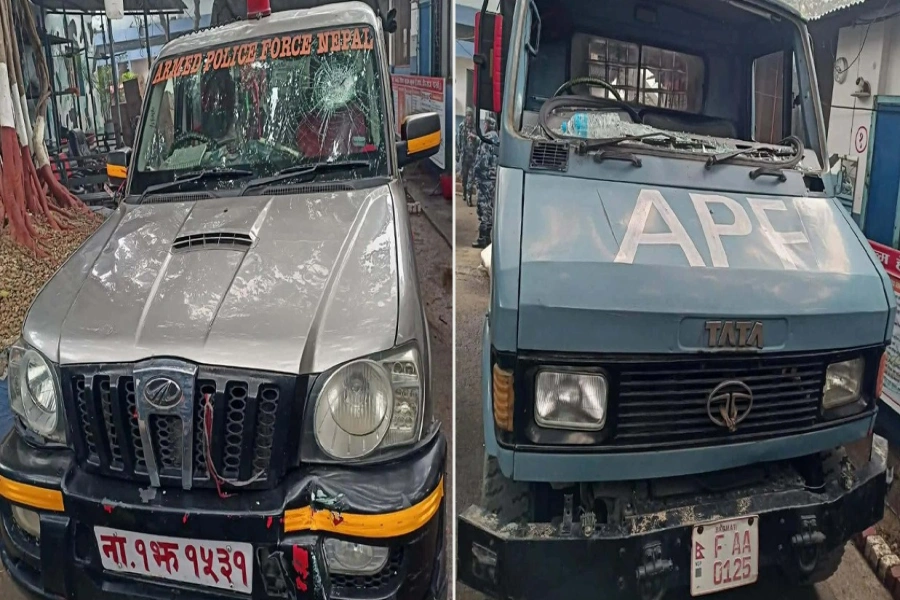

-1770648553.webp)











